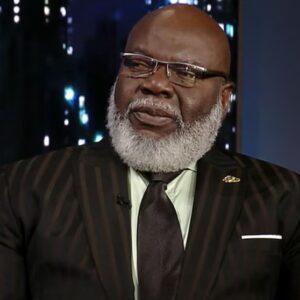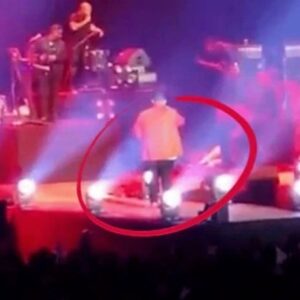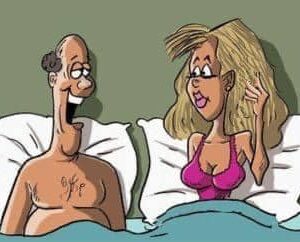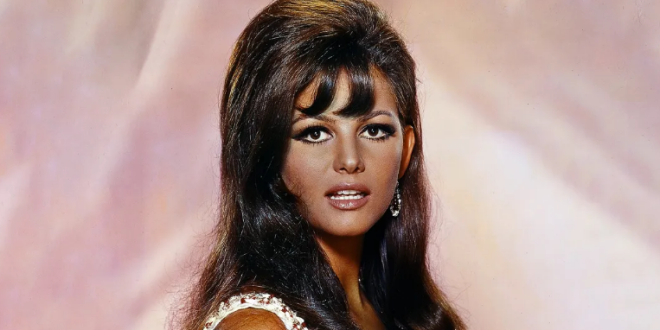
Italian actress Claudia Cardinale was a prominent figure during Hollywood’s golden age. She has graced over 100 films throughout her illustrious career, with her most prolific period spanning from 1960 to 1970.
During this decade alone, she starred in approximately 30 films, including iconic titles such as “8½” (1963), “The Leopard” (1963), and “The Professionals” (1966), where she shared the screen with Burt Lancaster and Lee Marvin.
Her remarkable performances also include the cult classic “Once Upon a Time in the West” (1968), directed by the legendary Sergio Leone. When asked in an interview about her memories of working with Leone, Cardinale recalled that his method of work was unique.
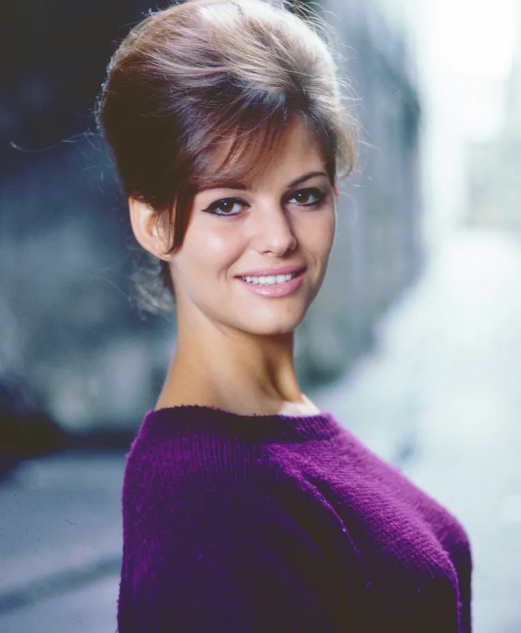
She mentioned that he would have the music composed before shooting began and would have the actors listen to the score before filming a scene. When speaking on her acting career in the US, the Tunisian native explained, “My main advantage was that I didn’t ask to go to Hollywood, they called me.
In that era, whenever a new star emerged, Hollywood studios were quick to claim them, striving to monopolize all the rising talent. They often bound actors with restrictive contracts, which could end up stifling their careers.
However, Cardinale managed to protect her own path. She resisted signing an exclusive contract with Universal, opting instead to agree to one contract at a time, which allowed her to navigate the industry on her own terms and sustain her career.
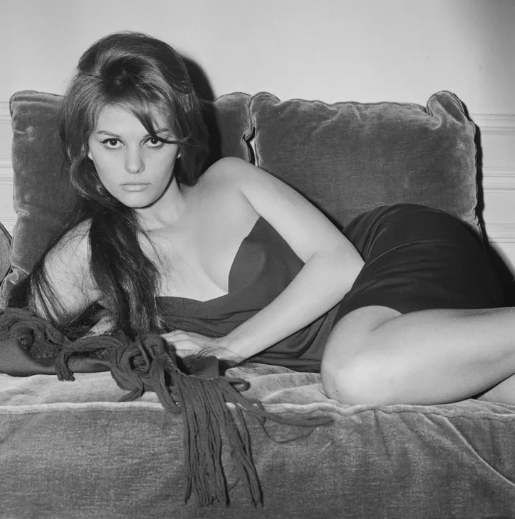
During her three-year tenure in Hollywood, Cardinale not only made her mark in “The Pink Panther” and “The Professionals,” but also shared the screen with prominent stars such as Rock Hudson in “Blindfold” and joined John Wayne and Rita Hayworth in “Circus World.”
She also had the opportunity to mingle with many Hollywood legends, including Barbra Streisand, Steve McQueen, and Warren Beatty
Cardinale first attended Cannes in 1961, presenting two films: Valerio Zurlini’s “Girl With a Suitcase,” where she portrayed an independent-minded singer, and Mauro Bolognini’s “The Lovemakers,” in which she starred opposite Jean-Paul Belmondo.
She returned to the Croisette in 1963 with two landmark films, Luchino Visconti’s “The Leopard” and Federico Fellini’s “8½.” The legendary star explained in an interview that she filmed the two movies simultaneously.
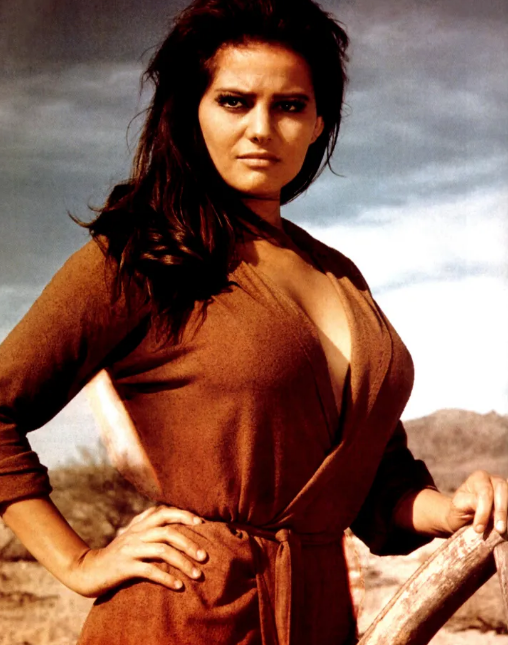
Cardinale revealed that she had very long hair during that time, but Visconti wanted her to have dark hair, while Fellini preferred a blonde look. As a result, she had to change her hair color every two weeks to satisfy their different visions.
Cardinale later embarked on a three-year period during which she made several Hollywood films, including two with Rock Hudson: “Blindfold” and “Lost Command.”
Of this experience, she revealed, “At that time Universal wanted me to sign an exclusive contract. But I said: ‘No, I’m European. I’m going back.’ But they really insisted!”
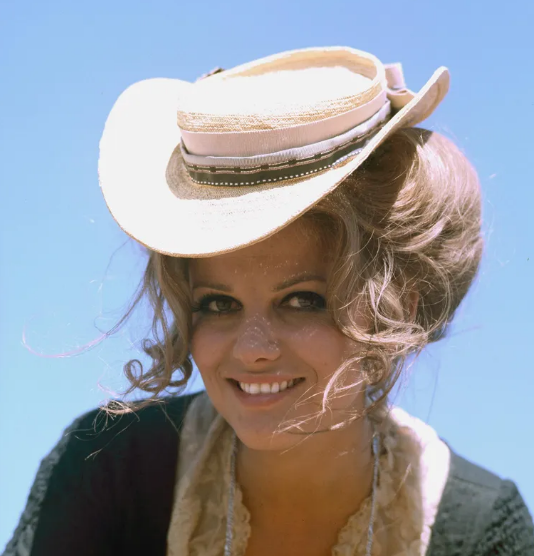
Unlike many other actresses, Cardinale has never appeared in a nude scene. Outside of her film work, she dedicates her energy to women’s causes and shows little interest in cosmetic surgery.
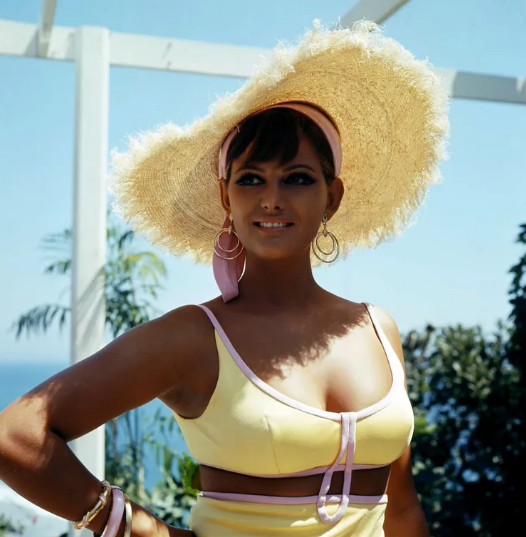
She once revealed in an interview, “I’ve never done – what you say? – lifting in the face. Things like this. My mother used to say, ‘Wait until you are older, you will always be smiling.’ It’s true. So why would you hide it?”
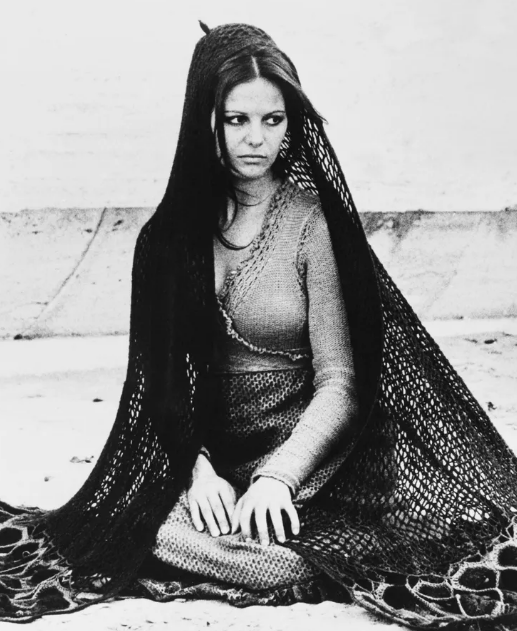
The movie star, whose film “And Now…Ladies and Gentlemen” was screened out of competition at the Cannes Film Festival once, is still very much active in the entertainment industry.
Her last film project was in the Tunisian-Italian movie, “The Island of Forgiveness.” Of her continued presence on the screens when she was 77, Cardinale, expressed, “The most important thing is to stay active. I don’t like all these facelifts and plastic surgery, because you can’t stop time.”
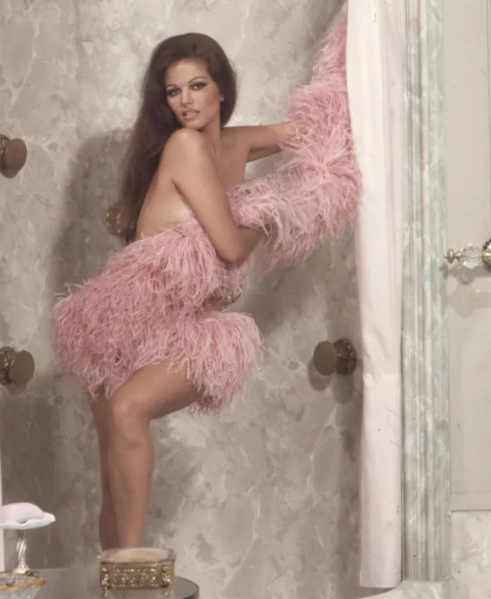
The “All Roads Lead to Rome” star once won the “Most Beautiful Italian Girl in Tunisia” in 1957.
